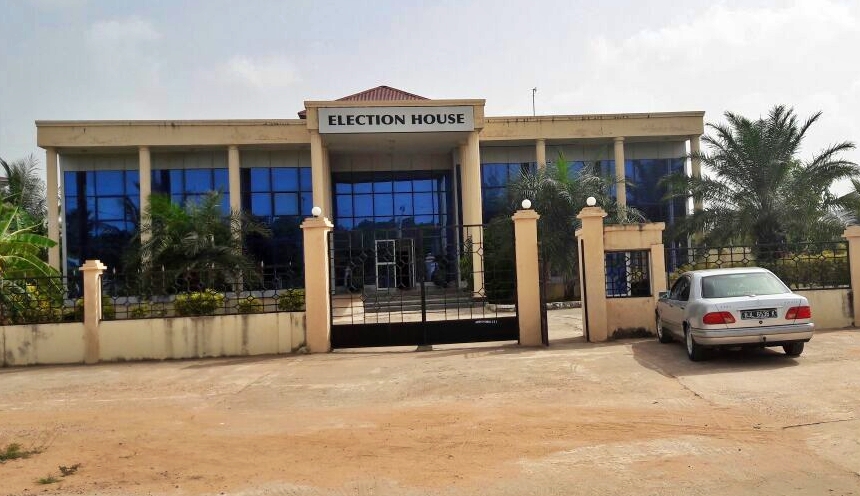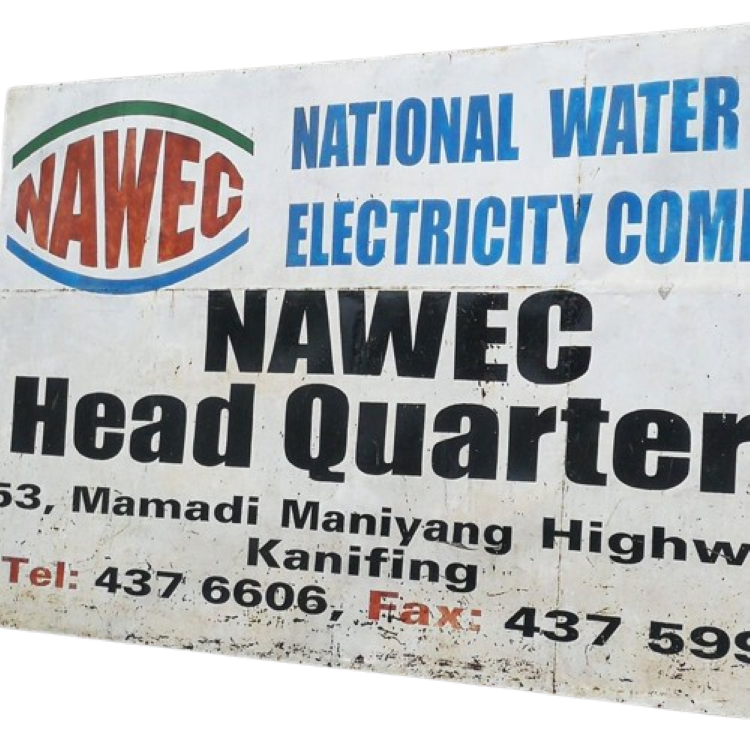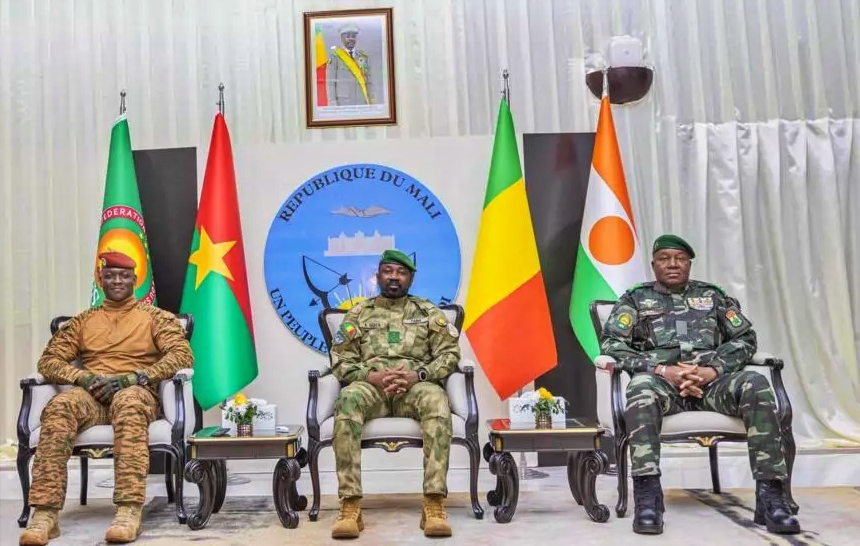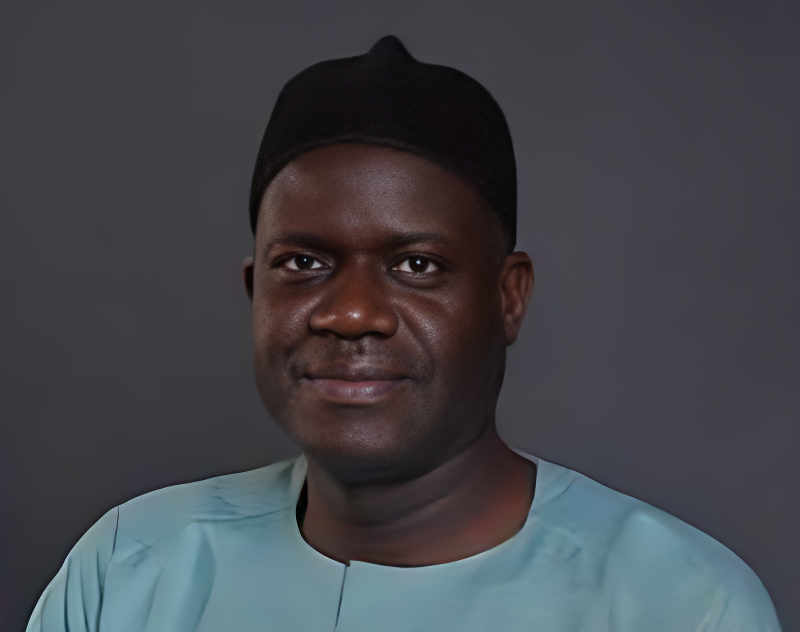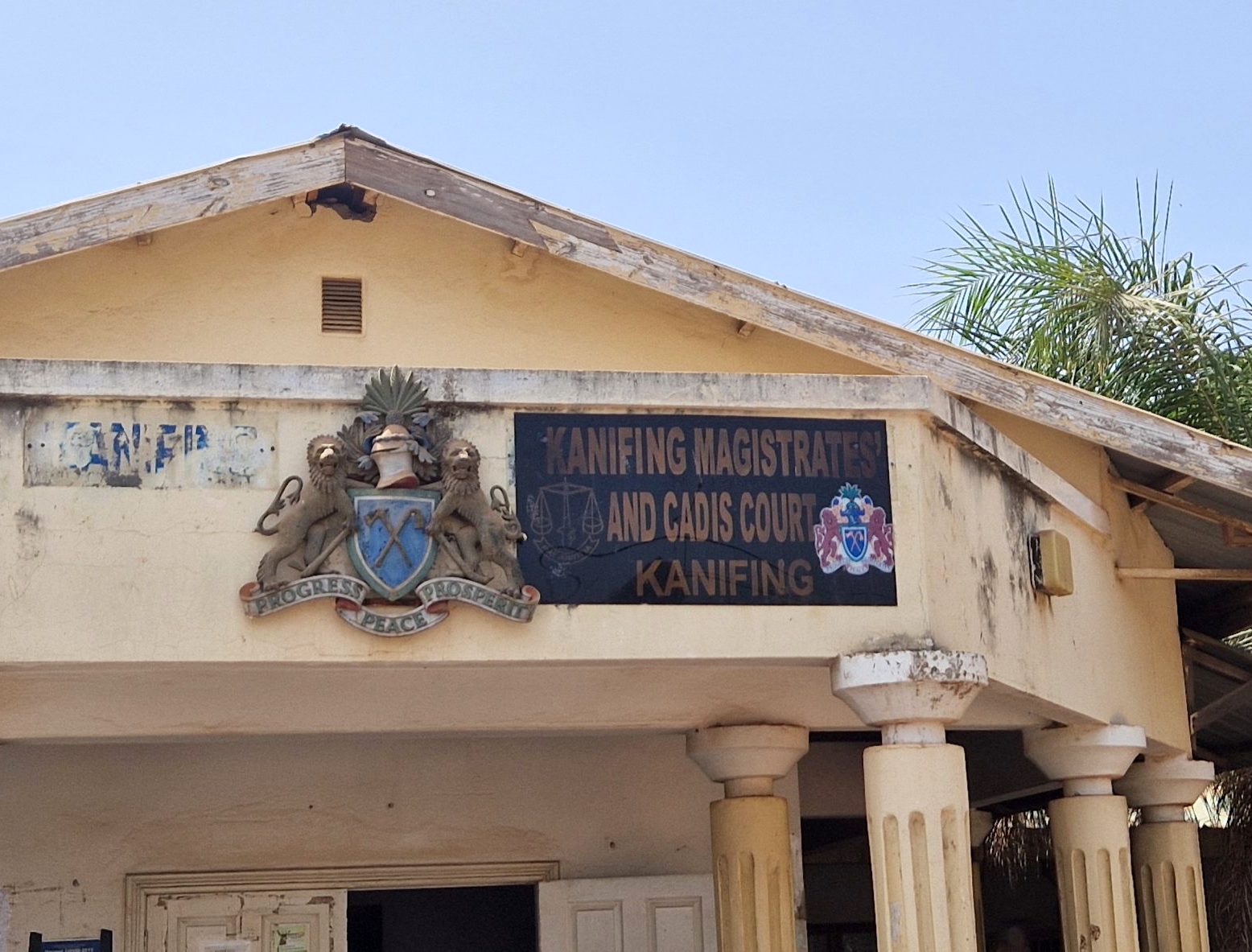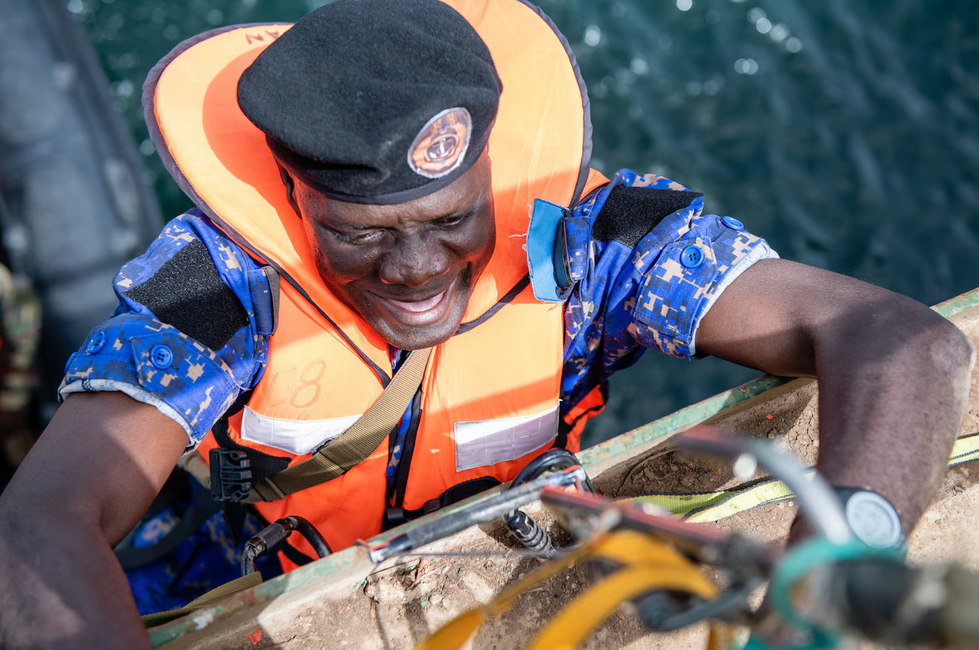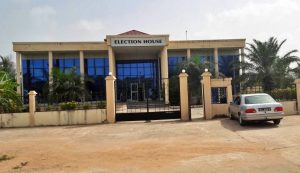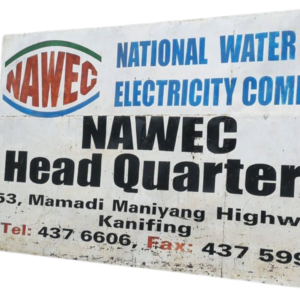Gambiaj.com – (Banjul, The Gambia) – The Gambia has joined a growing coalition of nations taking a stand against illegal, unreported, and unregulated fishing (IUUF), as part of a major maritime security initiative aimed at protecting West Africa’s fisheries and coastal economies.
This week, The Gambia Navy is participating in Obangame Express 2025 (OE25)—the largest maritime security exercise in West Africa—designed to bolster regional cooperation in combating IUUF and the broader criminal networks it fuels.
The two-week operation, led by the United States Africa Command and hosted by Cabo Verde, involves more than 30 nations across five maritime zones, from Senegal to Angola.
With over half of all fish caught in the Gulf of Guinea categorized as illegal or unregulated and foreign fleets increasingly dominating the waters, African countries are losing billions in revenue each year.
The Gambia, whose economy and food security rely heavily on coastal fishing, has been particularly vulnerable to these illicit activities.
“We are seeing a steady increase in the focus given especially to the global threat of IUUF, a threat that exists also in Africa’s coastal waters and maritime domain,” said Ambassador Robert Scott, Deputy to the Commander for Civil-Military Engagements at U.S. Africa Command.
According to regional estimates, Africa loses over \$11 billion annually to IUUF, with nearly \$2 billion lost in the Gulf of Guinea alone due to depleted fish stocks and underreported catches. Much of this depletion is attributed to foreign-owned industrial vessels—often operating under local flags—which evade regulation and funnel profits offshore.
Lt. Elizabeth Barker of U.S. Naval Forces Europe-Africa, who leads the IUUF team, described the practice as more than just a fishing issue: “Illegal fishing is robbing our partners of resources, security, and sovereignty. IUUF is now a national security concern.”
For The Gambia, which has been striving to strengthen its maritime surveillance and enforcement capacity, OE25 presents a critical opportunity. The exercise includes 21 IUUF-specific scenarios and simulations focused on evidence collection, prosecution, and coordinated interdictions. Legal tabletop exercises are also being conducted to help countries like The Gambia better implement the Yaoundé Code of Conduct—a regional framework for maritime security signed by 25 West and Central African nations.
“This isn’t just about stopping illegal vessels at sea,” said Barker. “It’s about ensuring there’s a legal finish—gathering evidence, bringing offenders to justice, and sending a strong message that our waters are not ungoverned.”
As part of the U.S. Navy’s Africa Partnership Station initiative, Obangame Express aims to empower African coastal nations with the tools, training, and networks they need to safeguard their marine resources and economic interests. Over 100 U.S. personnel, including boarding teams and legal experts, are supporting African navies and coast guards during the exercise.
For The Gambia, where fish is a staple of both diet and livelihood, the stakes are especially high. Illegal fishing threatens not only marine biodiversity but also the country’s food security and economic stability. In recent years, Gambian communities have raised alarms over dwindling catches, with artisanal fishers struggling to compete against large foreign trawlers operating close to shore.
“Every fish stolen by illegal operators is one less meal on the table, one less job in the community,” said Barker. “That’s why we’re here.”
With growing regional and international cooperation through OE25, The Gambia and its neighbors are signaling a firm commitment to defending their maritime sovereignty—and holding illegal actors accountable.



